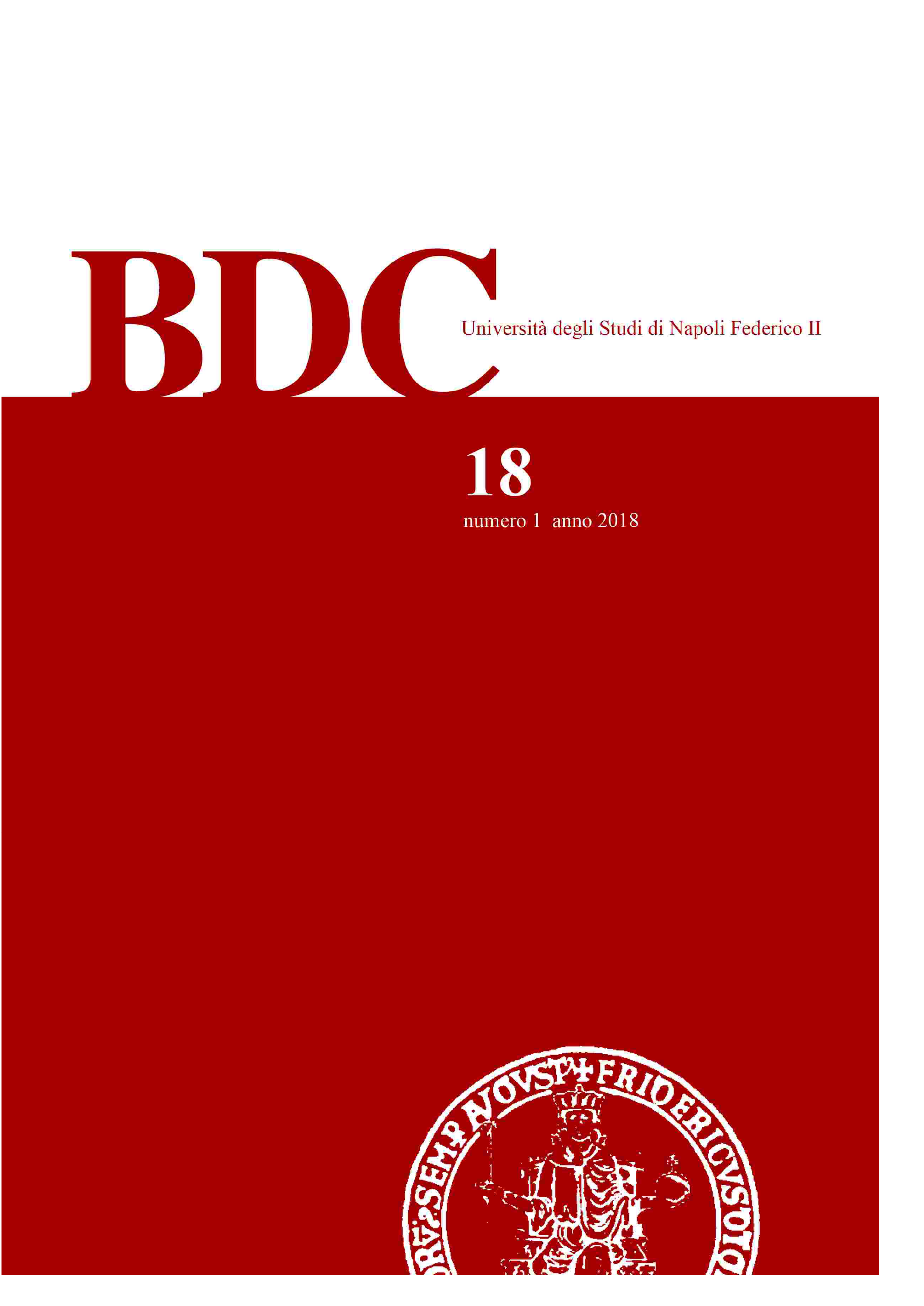EDITORIAL
DOI:
https://doi.org/10.6092/2284-4732/6057Abstract
This new number of BDC takes up and deepens the theme of the circular economy as a new
urban development model.
As is generally known, this model has been introduced through the strategic goal n. 12 of
Agenda 2030 and has been recalled in its spatial interpretation in the New Urban Agenda in
paragraphs 71-74: in the circular city model.
In which way (approaches, tools) can we move towards this new urban development
strategy, reducing the consumption of all resources and thus the amount of waste? In which
way is it possible to avoid the waste/underuse of different forms of capital: natural, manmade,
human and social?
The CLIC project, financed under the HORIZON 2020 program by the European
Commission, deals with the inclusion of the reuse of cultural heritage in the context of the
circular city model.
The Interdepartmental Research Center “Alberto Calza Bini” has been particularly involved
in the identification of new evaluation processes at different scales (urban, historical
district, single site) since they are the element able to link as a “fil-rouge” both governance
strategies and the new business and financing/management models.

